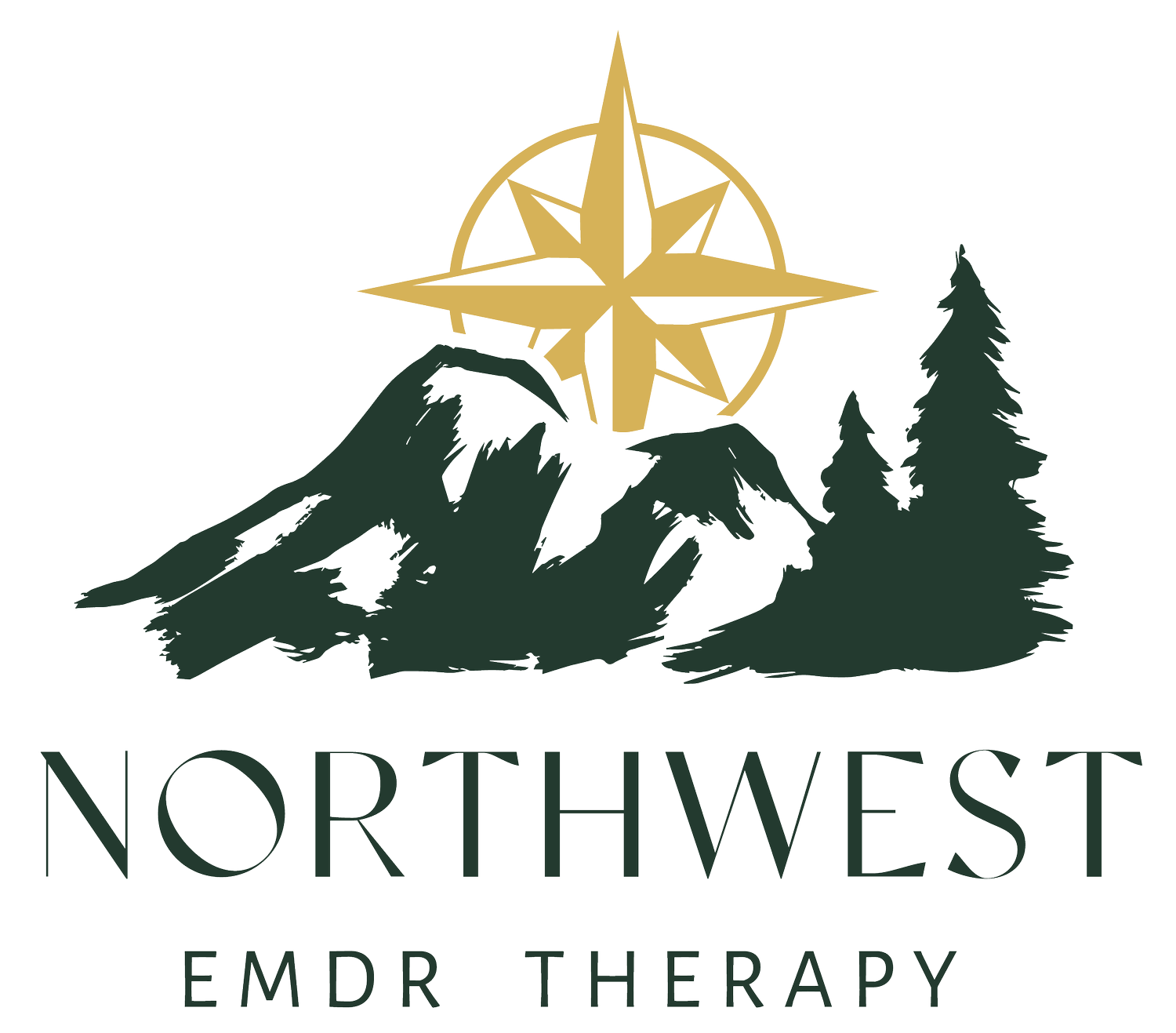Living with a teenager, I get to hear a lot about the teachings within the schools that are meant to support teenage development and emotional growth, but is this really a beneficial avenue for providing guidance with social and emotional development and growth? SEL stands for social and emotional learning, the process through which the individual learns and applies what they learn to social, emotional, and related skills intended to direct the students (nu.edu, 2021). While the concepts and the overarching goals of teaching these tools are incredible, are the design and implementation appropriate? We are supporting our pre-teens and teens in the development of social and emotional skills but doing it in a way that does not take into consideration the promotion of the skills by presenting the information in a child-like manner.
If the goal is to support developmental growth in our middle school-aged children, why would the creators of these tools and programs make the content and delivery of the concepts intended for children? Do content developers play it safe when supporting our teens in building their skills? If there is a fear of producing materials for a more advanced group, what do the developers believe our teens see on the internet?
According to Erickson, the middle school developmental stage is based on industry vs. inferiority. What does that mean? Our pre-teens and young teens are working to find out who they are, they are starting to pull away from their parents, but we are still going to treat them like they are young children. Middle school-aged adolescents are working to build autonomy, be more responsible, learn new skills, and build independence. The following stage of development is identity vs. role confusion. Wouldn’t educators and support people in a young adolescent’s life want to work to prepare the adolescent for these upcoming changes, not stifle their development? Many of the programs, curricula, and skill-building tools that are presented to adolescents are relatively juvenile and do not promote any additional development.

To understand what our adolescents need from their adult support systems, we need to understand what they are experiencing at this stage of their lives. Young adolescents are working on skills such as learning to interpret other people’s perspectives and emotions and moving away from selfish thinking and actions. Building skills to determine and express their point of view, thoughts, beliefs, and intentions. They are learning to share their space with others, and concepts of empathy and understanding alternative perspectives. Young adolescents are working to regulate their reactions to situations, adapt to alternative environments, and develop an understanding of various social situations.
Finally, they are working to create the tools to relate to their world while understanding others’ experiences. In order to harbor a safe and open space for these skills to be developed, of course, a foundation has to be established. Still, beyond that, the lessons need to provide open interpretation and guidance for increased skill use and development. Treating young adolescents as though they are still children is not appropriate for adequate skill development and does not provide a safe space for personal growth or expression.
If you have young adolescents in the home, ask them about what they are learning in school regarding social and emotional growth and development and see where they are with all of those skills or what they think about what they have learned. Create a safe space for open conversations with your adolescents that promotes individuality in a controlled environment and allows them to ask their own questions.

